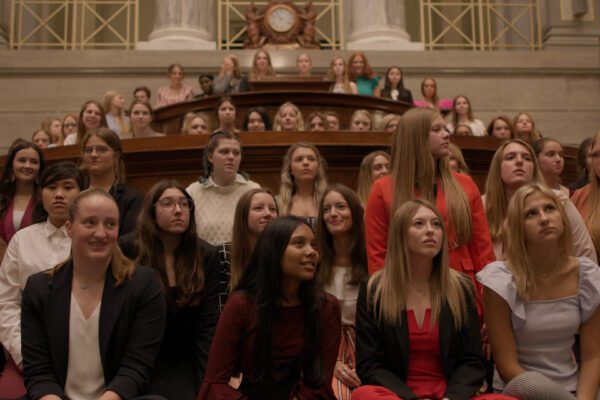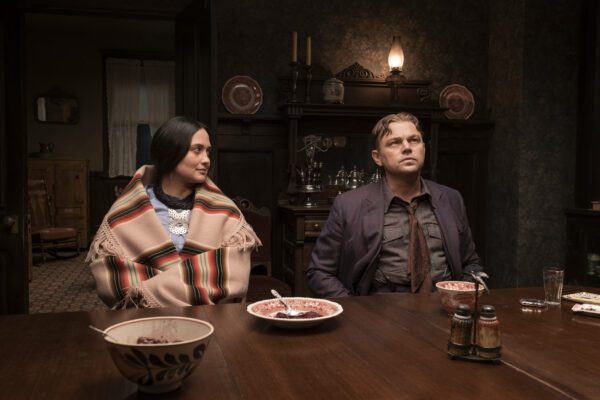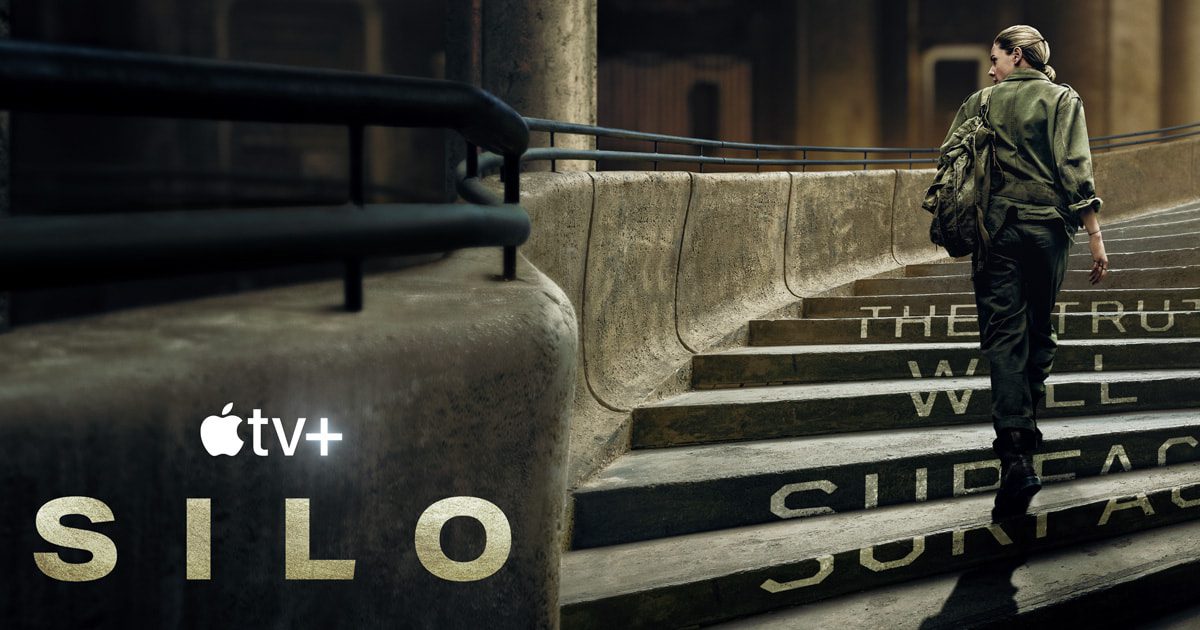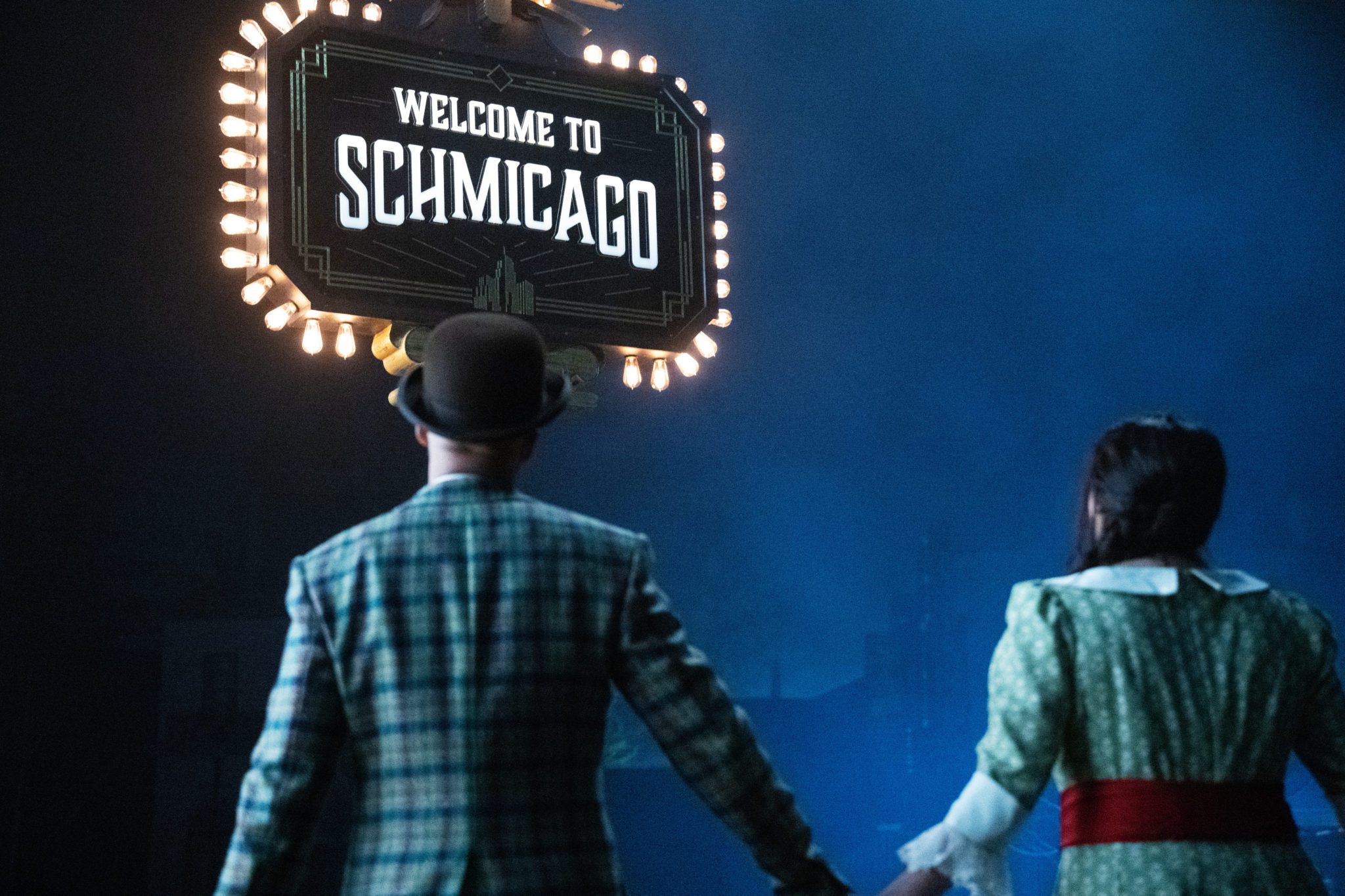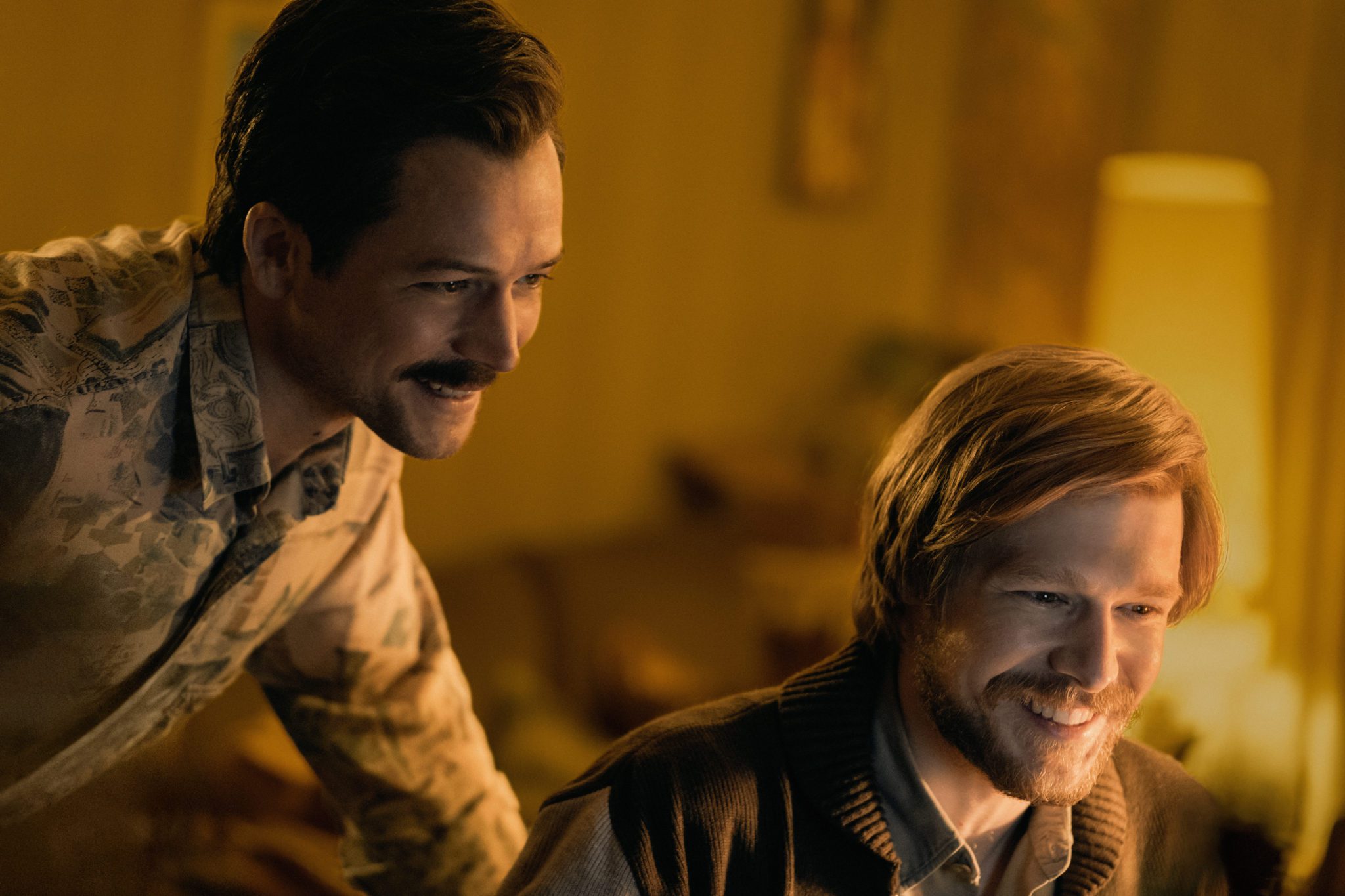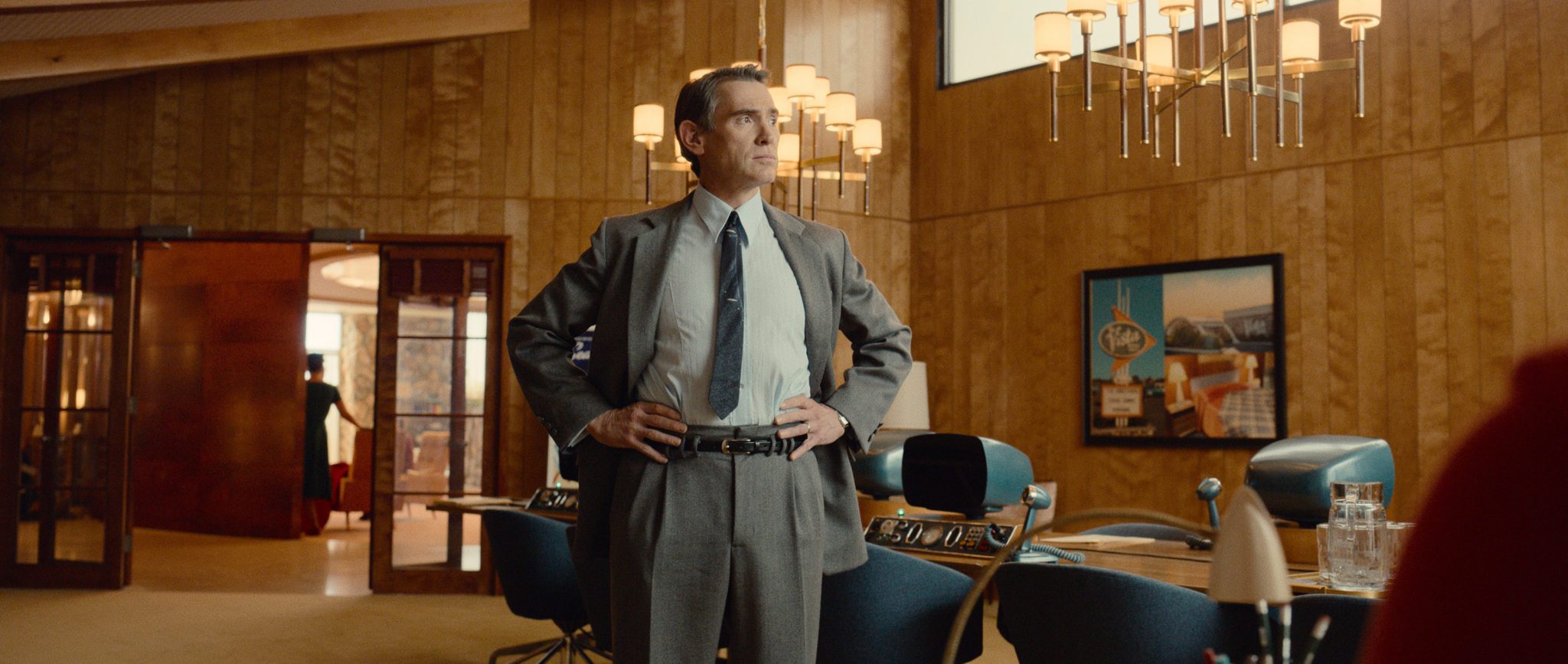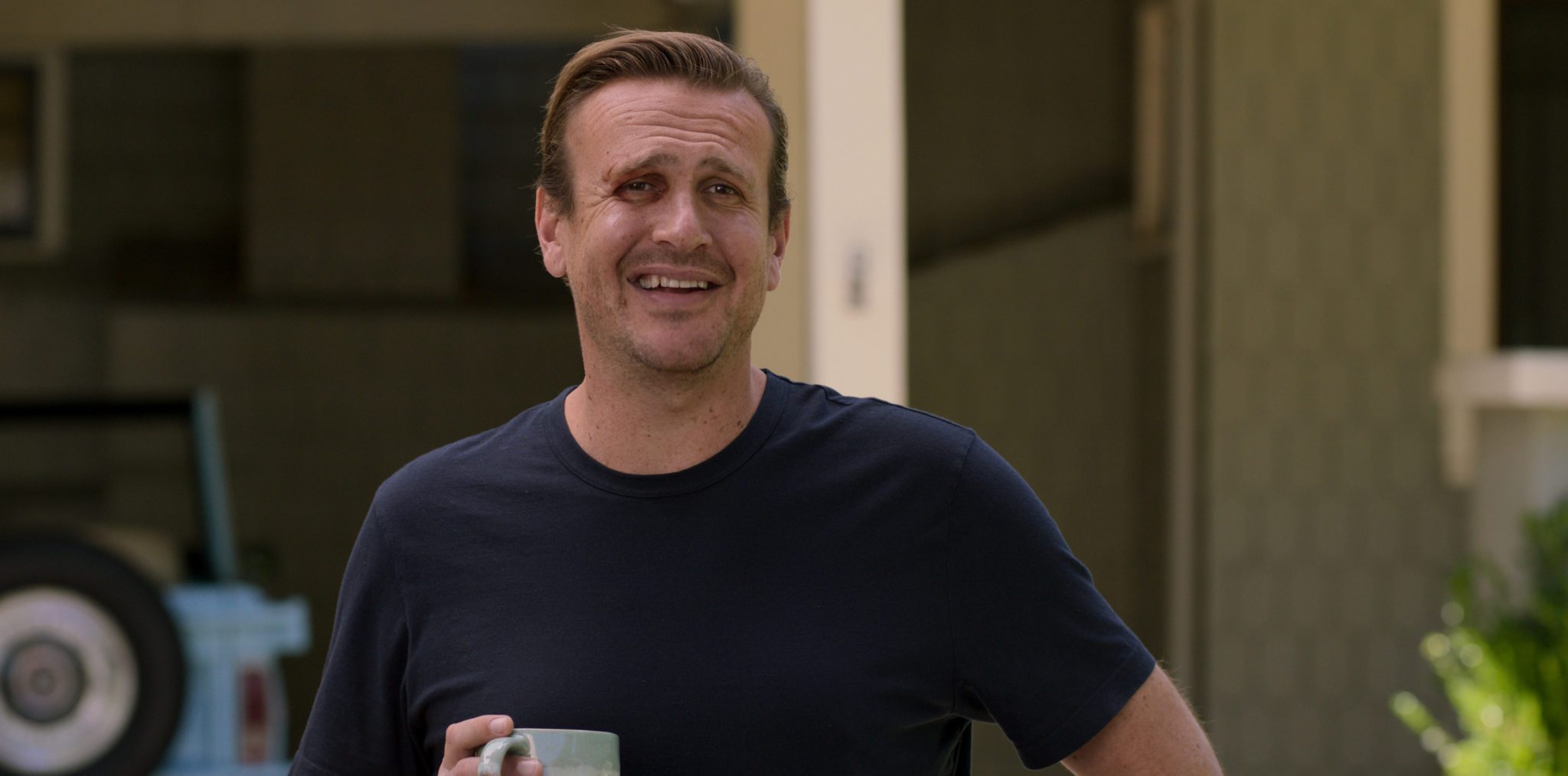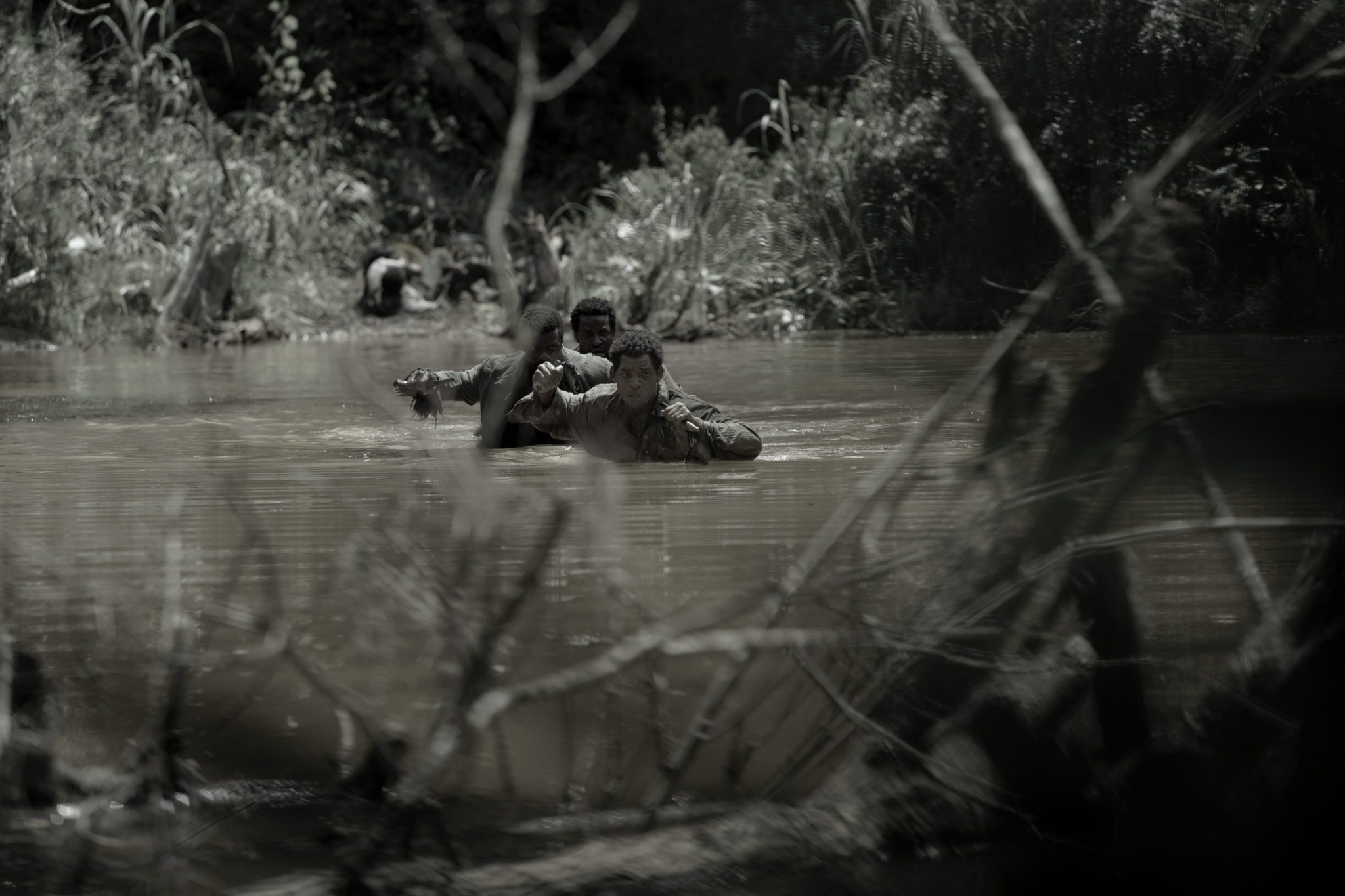
WondLa: Finding Monsters in Wonderland
There’s no place like Orbona. (Well, almost nowhere.) WondLa focuses its story on Eva (Jeanine Mason), a 16-year-old teenager who has been raised in an underground bunker by Muthr (Teri Hatcher), her robot caretaker. However, after an attack forces her out of her home, Eva discovers that the surface is not anything like she was led…

